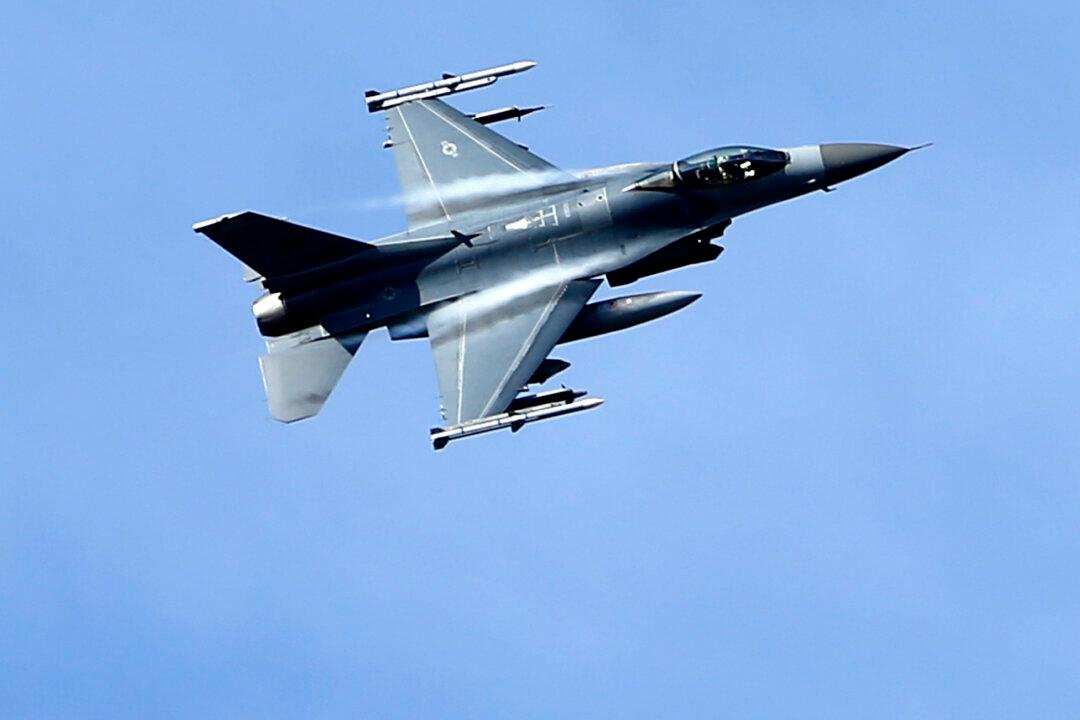TEHRAN, Iran—Iran on Thursday accused the Saudi-led coalition battling Shiite rebels in Yemen of hitting its embassy there in an overnight airstrike, but the building bore no visible damage.
The accusation comes amid a dangerous rise in tensions between Iran and Saudi Arabia in recent days following the kingdom’s execution of a Shiite cleric and attacks on Saudi diplomatic posts in the Islamic Republic.
Analysts had feared the dispute could boil over into the proxy wars between the two Mideast rivals in Yemen and in Syria.
Iran’s state-run news agency said on Thursday afternoon that a Saudi-led airstrike last night hit its embassy in the Yemeni capital of Sanaa, citing the country’s Foreign Ministry spokesman. However, an Associated Press reporter who reached the site just after the announcement saw no visible damage at the building.
Saudi officials could not immediately be reached for comment.
The diplomatic standoff between Iran and Saudi Arabia began on Saturday, when the kingdom executed al-Nimr and 46 others convicted of terror charges—the largest mass execution it has carried out since 1980.





